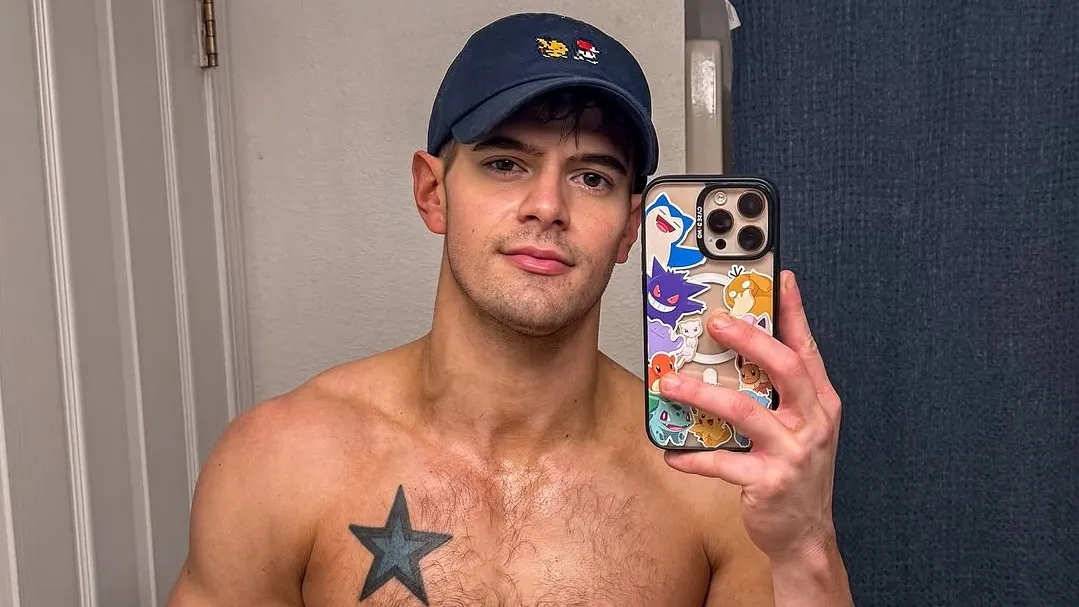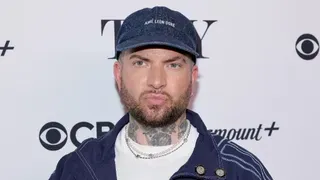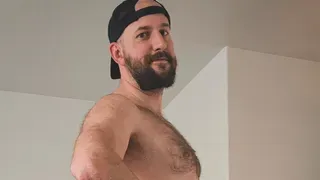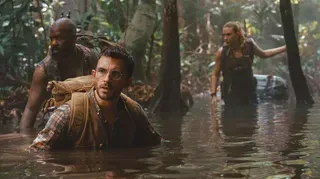March 29, 2014
1st brief filed after Virginia gay marriage ruling
Robert Nesti READ TIME: 2 MIN.
A federal judge who struck down Virginia's gay marriage ban usurped the state's authority to decide whether same-sex unions should be allowed, a lawyer defending the ban said Friday.
David B. Oakley, an attorney for court clerks in Norfolk and Prince William County, also said if the door is opened to same-sex marriage "it will not be long before other groups come knocking," including unions between close relatives.
Oakley made the arguments in a brief filed in the 4th U.S. Circuit Court of Appeals. The clerks are appealing last month's ruling by U.S. District Judge Arenda Wright Allen that the state's same-sex marriage ban is unconstitutional.
Attorneys for two same-sex couples who filed the lawsuit will respond in writing next month, and a three-judge panel of the appeals court will hear arguments in May. Both sides expect the U.S. Supreme Court to ultimately resolve the issue, either in this case or a similar one from another state.
Oakley wrote that under a Supreme Court precedent, "state laws respecting same-sex marriage are protected from federal intrusion." Some lower courts have adhered to that while others have improperly taken it upon themselves to decide that standards have changed, he said in the brief.
"States have the right to define marriage, and if they choose to allow same-sex marriage or other non-traditional marriage, they are free to do so," he wrote. "However, the states cannot be compelled to alter the idea of marriage to include same-sex couples."
He said clerks could be faced with lawsuits from other people who are prohibited to marry.
"For example, if the definition of marriage is no longer based on procreation and the ability to procreate naturally, then what is the purpose in prohibiting marriage between persons of close kinship," Oakley wrote.
He also said Allen missed the mark in citing Loving v. Virginia, the Supreme Court case that struck down the state's interracial marriage ban, as a basis for invalidating Virginia's statutes and constitutional amendment prohibiting same-sex marriage.
"Unlike infringing on the right to marry based on invidious racial laws, the decision to restrict marriage to couples of the opposite sex is not based on any suspect or irrational classifications," Oakley wrote.
Allen put her decision on hold while it is appealed, which means gay couples in Virginia remain unable to marry until the case is ultimately resolved.
The plaintiffs are Timothy Bostic and Tony London of Norfolk, who were denied a marriage license by Norfolk Circuit Court Clerk George E. Schaefer III's office, and Carol Schall and Mary Townley of Chesterfield County, whose 2008 marriage in California is not recognized in Virginia.
Prince William County Circuit Court Clerk Michele McQuigg intervened as a defendant because the outcome affects clerks throughout the state.
Virginia Attorney General Mark Herring is not defending the gay marriage ban, which he says is unconstitutional.
At least 17 states and the District of Columbia have state laws or court decisions that allow same-sex couples to marry.
Robert Nesti can be reached at [email protected].







